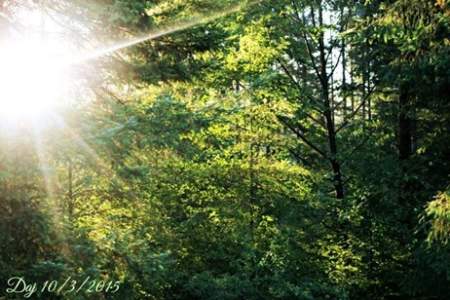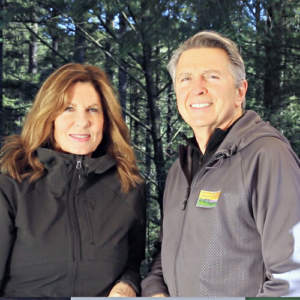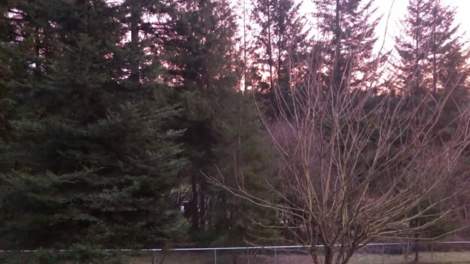How Do I Love Thee? Let Me Count The Words!
Posted February 18, 2021 in Special Features
Those of us who love nature are often at a loss for words when it comes to the experiences and pleasure of being outdoors. Yet, we continue to encounter unique words specifically for this reason.
It started a few years ago when we discovered the word, psithurism. It’s used to describe the soft sound of wind whispering in the leaves of trees. Pronounced “sith-ur-ism” – we think it’s so poetic! And, if you say it soft and low, it tends to mimic the sound.
Here’s a similar one: susurrous [soo-sur-us] a lovely word used to describe the general sounds of whispered rustling. Also, quite descriptive and poetic in our book.
We decided to see if we could find more seldom-used words suitable for describing the natural world. We did! For example, apricity [a-priss-ity] comes from the Latin word apricus, “having lots of sunshine, or warmed by the sun.” Apricity means the warmth of the winter sun. Most of us have likely experienced this glorious feeling on brilliantly clear winter days. We look forward to more of those day!
A fun word to try to use in a sentence this Spring is frondescence [fron-dess-ents]. Basically, it refers to the condition or period when a tree or plant unfolds its leaves or petals. Here’s an example of how it might be used, “As expected, frondescence of the petals is frequently accompanied by other changes in other parts of the flower.”
Special Words for Rainy Climate? Who Knew?
The next two words are perfect for those of us who live in rainy climates. Ombrophilous [om-broh-fil-es] means “rain-loving,” while ombrophobous [om-broh-fro-bus] means “rain-shunning.” Both words come from the Greek ombros – “rain shower.” Philous comes from philos, “loving,” while the phobous in rain-shunning comes from phobos, meaning “fear and panic.”
We love words! If you do too, here’s an article we stumbled upon about nature writer, Robert Macfarlane. It highlights his fantastic collection of words for the wild world called, Landmarks. The book is considered by many as a field guide to the literature of nature. It’s filled with beautiful and meditative words used in England, Ireland, Scotland, and Wales to describe land, nature, and weather.
In conclusion, here’s one of Robert Macfarlane’s words that we often experience at our home in rural Camas, Washington. On the east side of our property, as the sunrise gains momentum, we enjoy the promising sight of shivelight [shyv-lite] illuminating the forest floor. It’s always a peaceful reminder of another new and wondrous day to celebrate the gifts of nature.

Imagine, you too could live in a home where you are greeted in the morning with shivelight – the lancing sun rays that pierce through the canopy of woods.

Want to learn how? Contact us.
Or start your search for a home in nature here.
Bernie Stea & Debb Janes
Columbian “& Outdoors” Feature Writers
